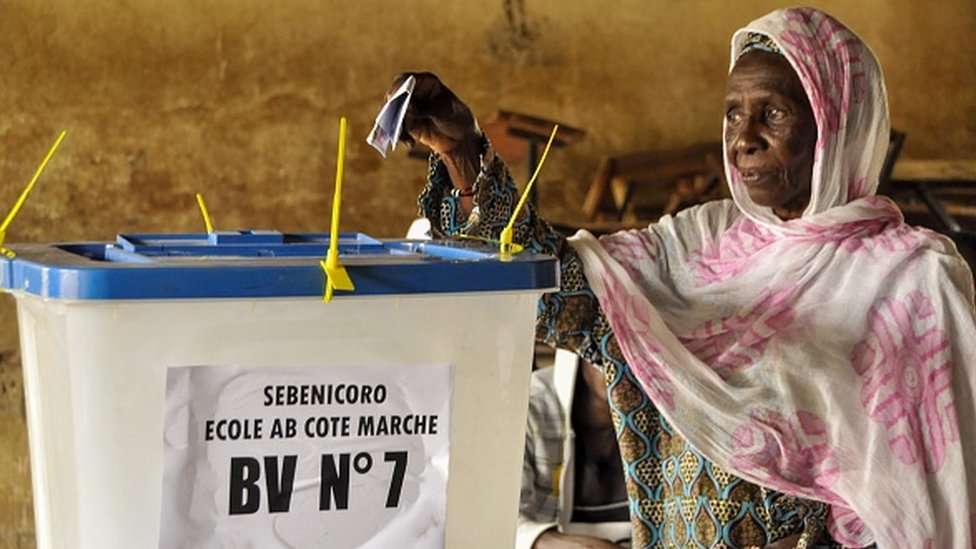Mali is no longer in transition. That fiction ended in April 2025 when Colonel Assimi Goïta, head of the military junta, unilaterally extended his presidency by five years. Days later, in May, he dissolved all political parties. Not suspended. Not restructured. Dissolved. With that stroke, Mali’s slow march back to democracy was not just delayed — it was erased.
This is no longer about a fragile state navigating post-coup uncertainty. It is about the deliberate construction of a military-led authoritarian regime in West Africa, with shrinking space for dissent and vanishing prospects for accountability.
From Transitional Government to Permanent Power
After seizing power in 2021, Goïta promised elections and democratic reform. Those promises held just long enough to ease pressure from ECOWAS and secure a return of some foreign aid. But every step taken since — from arresting journalists to rewriting the constitution — has suggested otherwise.
The April extension of his term was the final confirmation. Goïta no longer pretends to be a transitional figure. He is president in name, ruler in practice, and unchecked in power.
The outlawing of all political parties in May eliminated any organized opposition. Civil society groups now operate under threat. Independent media faces pressure and censorship. In Bamako, political conversations are increasingly held in whispers.
A Region at Risk
Mali’s democratic collapse doesn’t occur in a vacuum. It echoes similar moves in Burkina Faso and Niger, where juntas have also taken power under the guise of stability and anti-terrorism. The Sahel risks becoming a belt of military regimes, cooperating more with each other than with democratic neighbors.
ECOWAS, which initially imposed sanctions after Mali’s 2021 coup, has lost credibility. Its hesitations and internal divisions have allowed juntas to outmaneuver its diplomacy. Calls for the restoration of constitutional order are now met with indifference, if not outright defiance.
France and the EU, once dominant political actors in the region, have largely stepped back, their influence diminished after years of unpopular military presence and neo-colonial accusations. Russia and Turkey, meanwhile, have filled the vacuum — offering military cooperation with fewer conditions on governance.
Resistance Without a Platform
Despite these odds, pockets of resistance remain. Protesters took to the streets of Bamako in early May, calling for the restoration of political freedoms. Youth-led initiatives continue to operate underground, sharing information and organizing digitally. But without parties, legal structures, or institutional support, their power is limited.
The question now is not whether Mali will return to democracy soon — it won’t. The question is how long the silence can last. How long before economic hardship, internal dissent, or regional fallout forces the regime to reckon with a society that refuses to be indefinitely muted?
Conclusion
Mali’s shift from fragile democracy to entrenched military rule is a warning — not just to West Africa, but to the global democratic community. In the absence of consistent international pressure, authoritarianism does not need to shout. Sometimes, it works best in silence — and for now, Mali is dangerously quiet.


3 comments
Et harum quidem rerum facilis est et expedita distinctio. Nam libero tempore, cum soluta nobis est eligendi optio cumque nihil impedit quo minus id quod maxime placeat facere.
Quis autem vel eum iure reprehenderit qui in ea voluptate velit esse quam nihil.
Neque porro quisquam est, qui dolorem ipsum quia dolor sit amet, consectetur, adipisci velit, sed quia non numquam eius modi tempora incidunt ut labore.